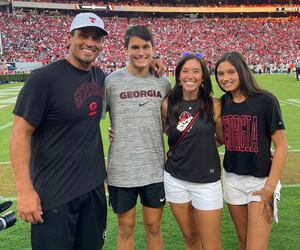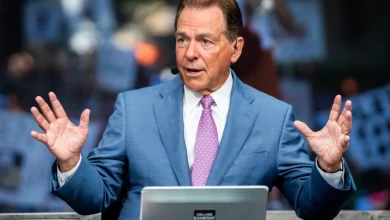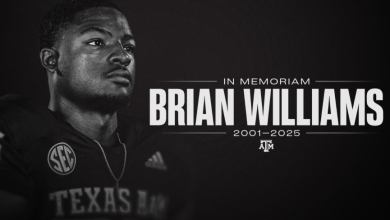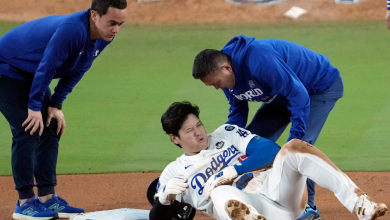David Pollack Shares Disappointing Opinions About Georgia’s Arrests Associated with Driving

Former Georgia Bulldogs star and ESPN analyst David Pollack has never shied away from sharing his thoughts on the state of college football, especially when it comes to his alma mater. Recently, Pollack expressed his disappointment regarding the growing number of Georgia football players involved in arrests related to reckless and impaired driving. His comments have sparked conversation among fans, media, and the broader college football community about accountability, team culture, and the role of leadership in college athletics.
A Concerning Pattern of Incidents
The Georgia Bulldogs, a powerhouse in the SEC and a program that has prided itself on discipline and success, have found themselves under scrutiny due to multiple off-field incidents involving players and dangerous driving behavior. From speeding violations to DUIs and reckless endangerment, the program has faced repeated negative headlines over the past few seasons.
Pollack, a former consensus All-American at Georgia and a respected voice in the sport, did not hold back in his assessment. “It’s frustrating to see this kind of pattern developing,” Pollack said in a recent interview. “Georgia is a top-tier program, but these off-the-field issues take away from everything they’ve built.”
Pollack’s Perspective on Accountability
As someone who has closely followed Georgia’s rise under head coach Kirby Smart, Pollack emphasized that accountability must start at the top. He called on the coaching staff, administration, and team leaders to address the recurring issues before they impact the team’s reputation and overall success.
“It’s one thing for a program to have an isolated incident here or there, but when you start seeing multiple cases of reckless driving and bad decision-making, that’s a sign that something needs to change,” Pollack noted. “These players represent something bigger than themselves. They’re playing for a school, a community, and a future beyond football.”
Pollack also pointed out that these incidents are not just about football. They put lives at risk—both for the players involved and for innocent people on the roads. He expressed his hope that Georgia’s coaching staff would take stronger disciplinary action to deter future offenses.
The Impact on Team Culture and Recruiting
Georgia’s recent legal troubles could also have ramifications beyond the current roster. A program’s culture plays a crucial role in recruiting, and repeated off-field issues could make parents and recruits hesitant about committing to a team with a perceived lack of discipline.
Pollack acknowledged that Georgia remains one of the most dominant programs in the country, but he warned that unchecked behavioral issues could create unnecessary distractions. “No one questions Georgia’s ability to win football games, but if these problems continue, they could start affecting the program in ways that go beyond the field,” he stated.
What Needs to Change?
Pollack outlined several steps that Georgia—and any college football program facing similar issues—should take to ensure accountability and prevent future incidents:
- Stronger Team Policies: Implementing stricter rules regarding reckless driving and DUIs, with clear consequences for violations.
- Increased Education: Bringing in speakers, law enforcement officials, and former players to discuss the dangers of reckless driving and decision-making.
- Leadership from Within: Encouraging team captains and upperclassmen to take more responsibility in guiding younger players and setting a high standard of behavior.
- Public Accountability: Ensuring that penalties for off-field incidents are transparent and demonstrate that no player is above the program’s core values.
Final Thoughts
David Pollack’s disappointment with Georgia’s recent driving-related arrests reflects a broader concern about discipline and responsibility within college football. As one of the most respected voices in the sport, his words carry weight, and they serve as a call to action for Georgia and other programs facing similar challenges.
Whether Georgia will take significant steps to address these issues remains to be seen, but one thing is clear—ignoring the problem could lead to long-term consequences for a team that has worked so hard to build a championship legacy. For Pollack, and many others who care about the program, the hope is that Georgia will take this moment as an opportunity to reinforce the values that have made them great both on and off the field.









